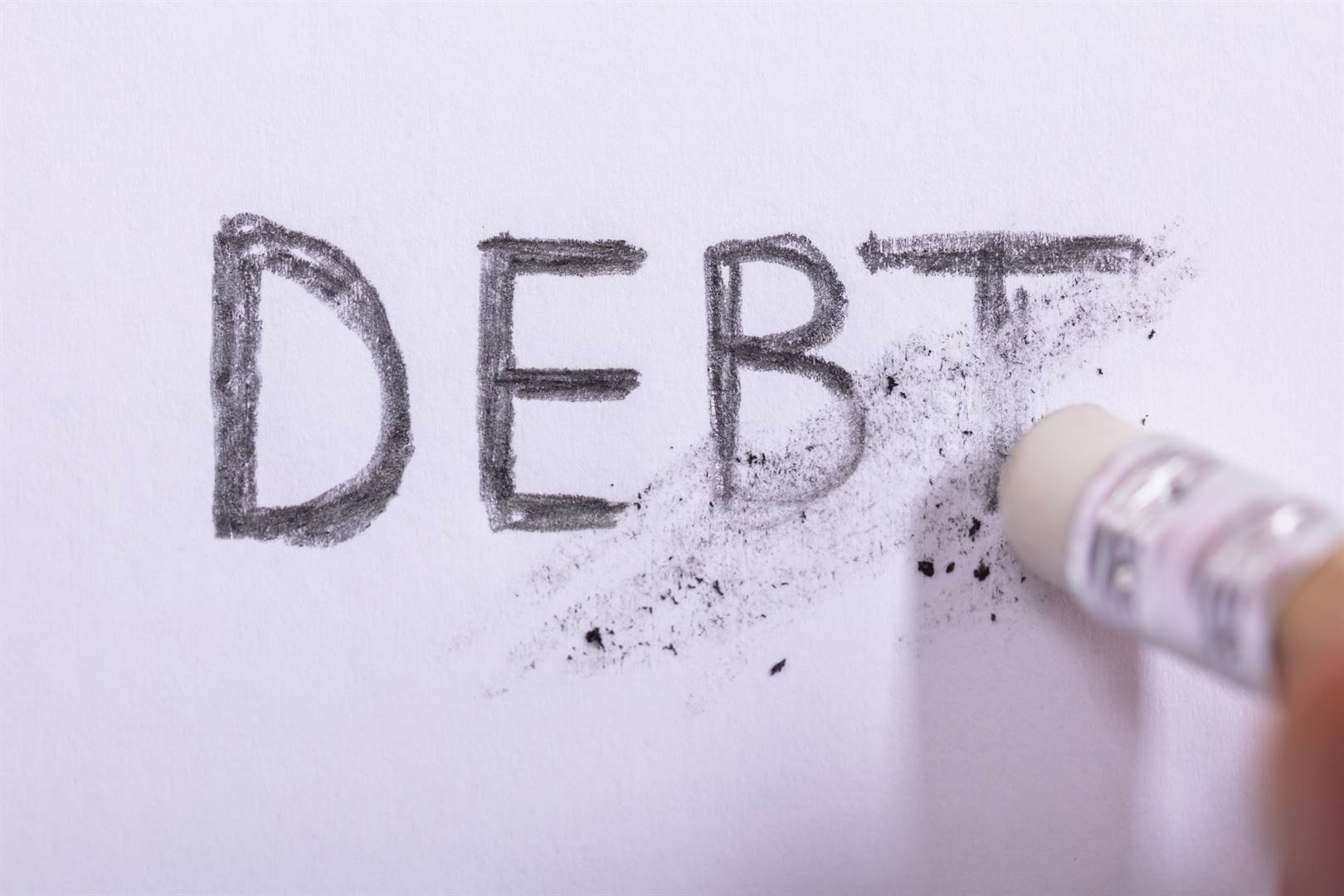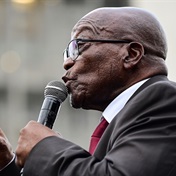
South Africa’s sovereign debt has reached crisis levels, topping R3 trillion (set to increase by R1.5 trillion over the next three years) and 60% of GDP, four years earlier than predicted in February of this year.
The fiscal deficit for this year was supposed to be 4.5% and is now predicted to be 5.9%, by the midterm budget statement.
Both the Finance Minister Tito Mboweni and civil society recognise that we are in a crisis.
So how do we explain the failure to take those painful but necessary steps to get ourselves and more importantly, our children, out of this debt trap?
What is the reason for the rapid deterioration in government finances?
The main answer is bailouts for our failed state-owned enterprises (SOEs), primarily Eskom, which has now been allocated a total of R49 billion in 2019 alone.
In February, Eskom was allocated R23 billion, which proved insufficient for it to survive the entire year.
It was allocated an additional R26 billion for the remainder.
South Africans might be asking themselves if the government can guarantee that the company will not require further bailouts, and if so, on what basis can they make this guarantee?
While successive finance ministers have promised to impose stringent conditions on SOE bailouts, in practice we have seen billions fly out of the Treasury with no sign of necessary reform.
Make no mistake, we will pay for this failure one way or another, and the longer the delay in implementing reforms, the higher the cost will be.
Eskom has a fundamental problem in that it is a legislated monopoly, meaning that if someone else could do it better, they wouldn’t be allowed to.
The incentives are not geared towards serving the needs of customers.
Why would you bother trying to serve the needs and wants of a captive market? Why would you care about producing power efficiently if you know that you can be bailed out and your customers cannot choose a competitor’s product instead of yours?
That is why it was encouraging to see the first version of Treasury’s proposed economic strategy policy, which proposed selling off some coal-fired plants to pay off Eskom’s debt.
The fact that this proposal was scrapped in the revised policy is a sign that the government has decided that taxpayers should bear the entire burden of Eskom’s R450 billion debt.
This is apart from the fact that the government is proposing the introduction of a massive, expensive new programme, the National Health Insurance. Where this money will come from is anyone’s guess.
READ: High debt, old power plants: De Ruyter’s ‘unenviable’ new job at Eskom
As if that were not enough, Eskom has been promised an additional R56 billion for 2020/21.
This has led to a situation in which debt service costs (interest on the debt) is the fastest-growing government expenditure item, followed by the salaries of government employees.
The scary thing about this is that if GDP fails to grow at the same rate or faster than the increase in debt servicing costs, which is all but guaranteed, the government will have to cut expenditure somewhere else.
What can the government do under these trying circumstances?
The first task should be to immediately put an end to all unplanned bailouts of SOEs.
Following that, government should seriously consider either selling some of the few sustainable SOEs, giving them to their current employees, or the poor, in the form of shares, or allowing them to fail.
An auction of all unused government property and property that incurs losses for the government should be initiated as soon as possible.
A cost-cutting programme across government should follow. This programme should target government employee wages and benefits, including retrenchments if necessary.
The argument that this would be anti-poor and anti-worker does not hold water, considering that the failure to implement reforms is going to lead to even more retrenchments in the private sector.
The next issue that needs to be addressed is economic growth. Without it, debt will never become payable and South Africa will experience a technical default.
Economic growth can only be achieved by removing government barriers imposed on businesses, such as regulations and taxes, and especially our onerous labour laws.
It may seem counter-intuitive, but the best way to raise more taxes is by lowering tax rates, so that more capital is freed up for investment, leading to GDP growth and therefore more revenue for the government.
South Africans simply cannot accept the current situation.
It is not us who will have to pay off most of this debt if no reforms are forthcoming.
The younger generations will have to pay for our irresponsible spending, and how exactly are they supposed to do this in a country where 70% of young people are unemployed?
It is time to get to work and solve this gigantic problem.
The government will not budge without the public insisting on reform.
Mpiyakhe Dhlamini is a data science researcher at the Free Market Foundation




 Publications
Publications
 Partners
Partners









